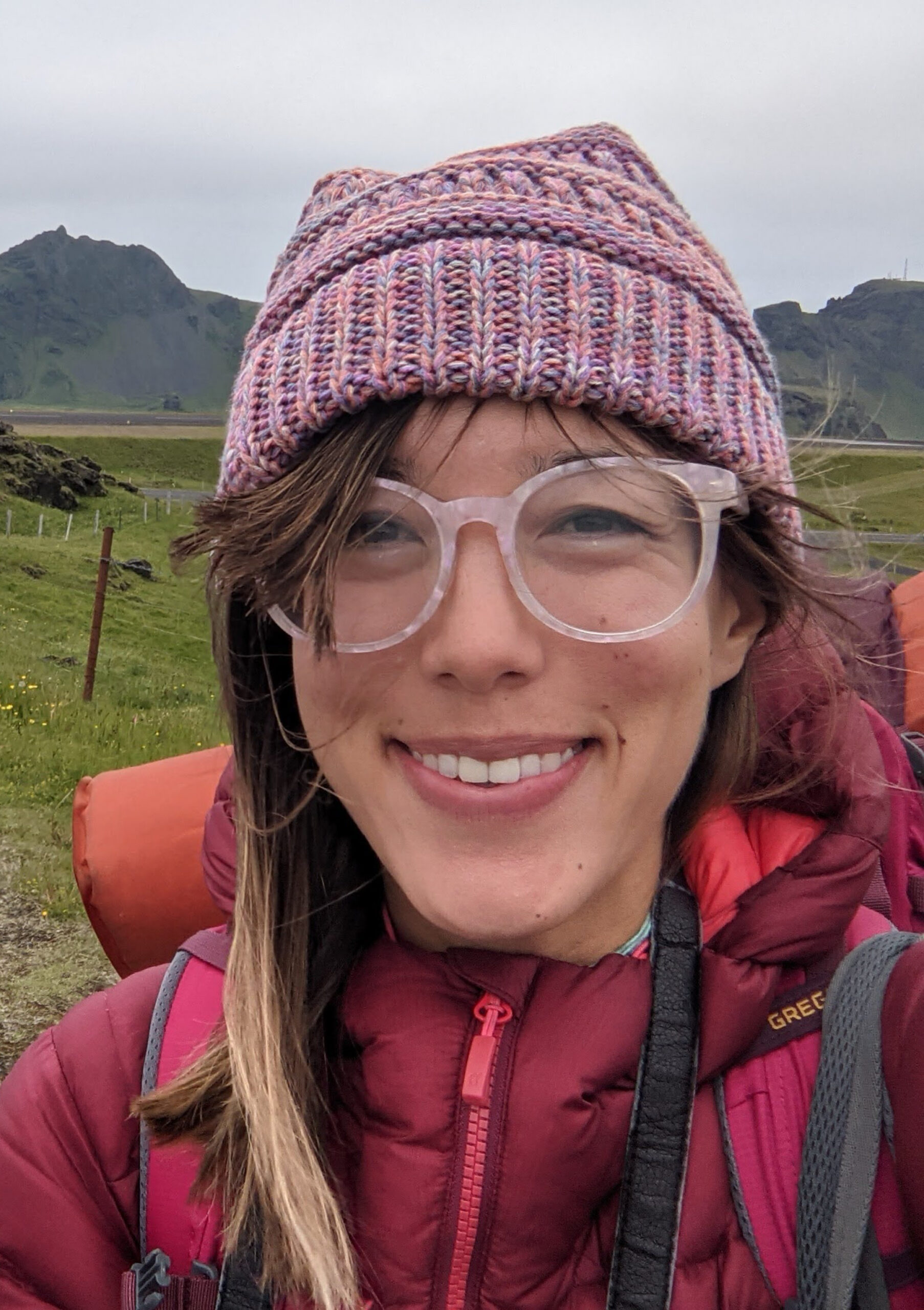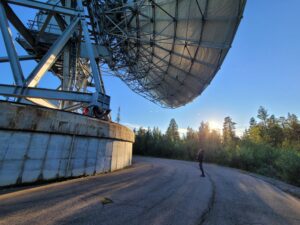
Mia Bennett
Assistant Professor
Department of Geography
College of Arts and Sciences
miabenn@uw.edu
Bennett Faculty page
CRYOPOLITICS
What is your Research Focus?
My research considers cultures and practices of “frontier-making,” from the Arctic to outer space and cyberspace. I’m particularly interested in the geopolitical issues relating to the development of infrastructure in these spaces as they begin to be enclosed.
In the Arctic, climate change is catalyzing new opportunities and tensions in the region as various actors seek to take advantage of growing accessibility of shipping routes and natural resources due to the retreat of sea ice. Yet political forces are also altering how development is unfolding in the region, from the rise of Asia to growing recognition of the rights of Indigenous Peoples, who comprise 10% of the Arctic’s population. To study the cultures and practices of how frontiers are imagined, mapped, and ultimately developed, I integrate spatial data science and qualitative methods within a critical theoretical framework. This allows me to provide historically and politically situated geospatial and statistical evidence to explain where, why, and how infrastructure is being developed, and with what consequences.
Currently, I am working to advance a new subfield called critical remote sensing. With colleagues from disciplines including hydrology, geography, and cartography, we call for employing rigorous geospatial methods and models within a critical theoretical framework, which draws attention to injustices and inequities in how power is deployed – including within spatial data and technologies themselves. Specifically, we focus on satellite imagery, whose generation and applications are fast growing, especially within the commercial sector.
To connect my work on critical remote sensing with my research on the Arctic, I am starting to examine the ongoing development of commercial spaceports in the Arctic to launch small satellites, which will undoubtedly have impacts on land use, economic activity, and the production of knowledge – both about and from the Arctic.

Bennett looks up at the EISCAT Kiruna Radar Receiving Site. Photo: Ria-Maria Adams.
What opportunities at the UW excite you?
UW is making exciting inroads in data science and data studies, and I’m thrilled to be a part of this interdisciplinary effort, which spans from the humanities to the social and physical sciences and beyond. As part of this initiative, I teach courses that enfold training in cutting-edge geospatial skills, from Geographic Information Systems to remote sensing, with robust discussion of the ethics of data-intensive technologies. With so many UW students going on to work in the STEM fields after graduation, ensuring that they understand both the opportunities and limits of data science is crucial.
I’m also delighted to be a part of the growing field of Arctic studies at UW. For over a decade, I’ve researched geopolitics in the Arctic from places such as Los Angeles and Hong Kong. It’s inspiring to now be part of a wider community of scholars located a bit closer to the north doing work on everything from the physics of sea ice to improving search and rescue capacities in Alaska. I’m looking forward to developing Arctic studies at UW with a strong emphasis on the co-production of knowledge by working in close collaboration with communities in the Arctic. Already, I’ve applied for grants with colleagues from across UW to advance research and teaching on the circumpolar north, and we are excited about what the future may hold.